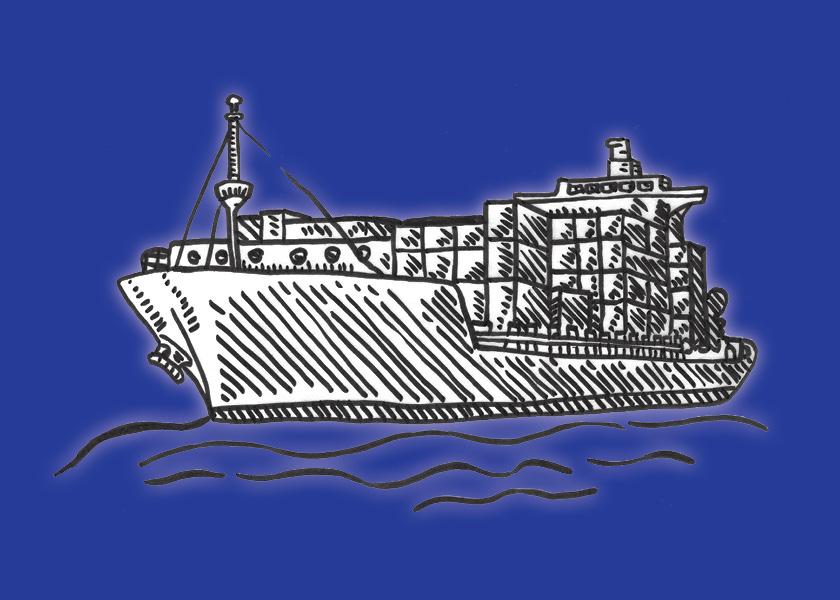NPPC Responds to USTR’s National Trade Estimate Report

Last week, the National Pork Producers Council (NPPC) submitted comments to the Office of the U.S. Trade Representative (USTR) on its 2024 National Trade Estimate (NTE) Report on Foreign Trade Barriers.
This report details significant barriers to U.S. exports of goods and services, U.S. foreign direct investment, and U.S. electronic commerce in important export markets, NPPC explained in Capital Update. Some of the trade obstacles include import policies such as tariffs, technical barriers to trade, sanitary and phytosanitary (SPS) measures, government procurement policies, intellectual property protections and subsidies.
The report also highlights agricultural trade barriers such as burdensome facility registration requirements, SPS regulations, import licensing requirements that are not science-based, and a lack of adherence to international science- and risk-based standards.
"Trade barriers limit U.S. agricultural exports, which are vital to America’s farmers, ranchers and the overall U.S. economy, supporting about 1 million U.S. jobs. For pork producers, pork exports contribute significantly to their bottom line," NPPC wrote. "Last year, producers shipped nearly $7.7 billion of product to foreign destinations, and those exports added the equivalent of more than $61 to the average price producers received for each hog marketed."
The NTE Report is important, NPPC notes, because it helps U.S. negotiators in their efforts to reduce or eliminate trade barriers and is a valuable tool for enforcing U.S. trade laws and agreements.
In its comments for the most recent report, NPPC listed 21 countries that have varying tariff and/or non-tariff barriers limiting U.S. pork exports. Some of those include:
- Australia, where the U.S. does not have full market access because of sanitary and phytosanitary barriers related to Porcine Reproductive Respiratory Syndrome (PRRS)
- Ecuador, where U.S. pork faces onerous import licensing schemes that block access
- South Africa, which prohibits pork offal and requires trichinae-related freezing of pork
- Taiwan, with country-of-origin labeling requirements and new maximum residue limits for animal health products used in hogs







